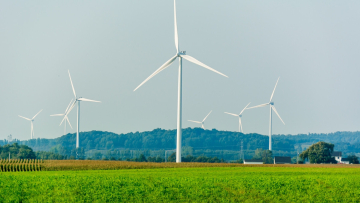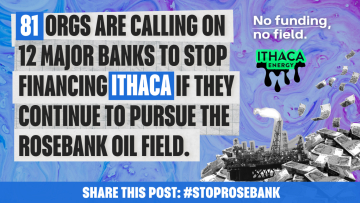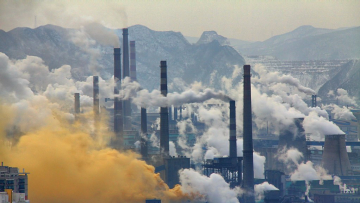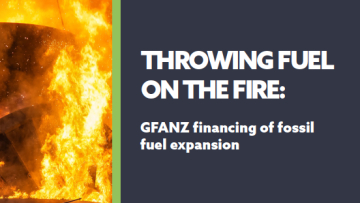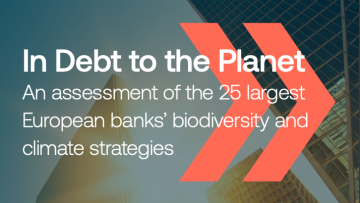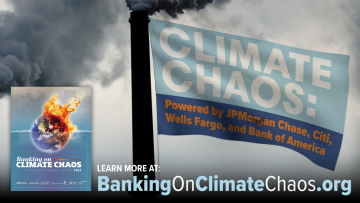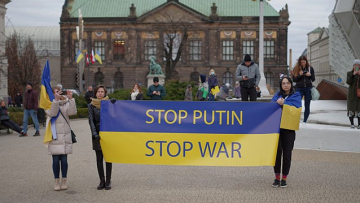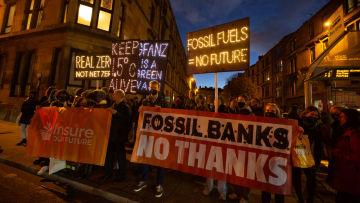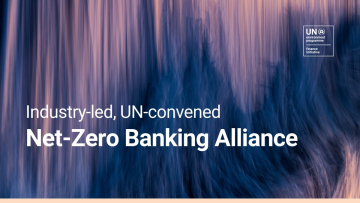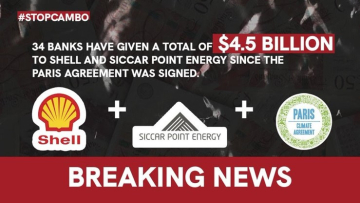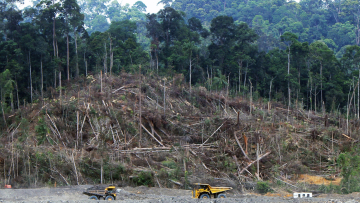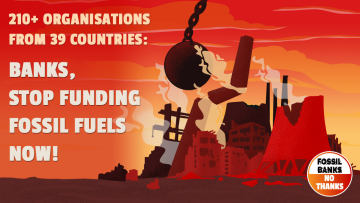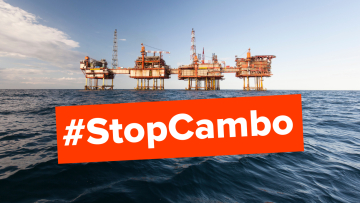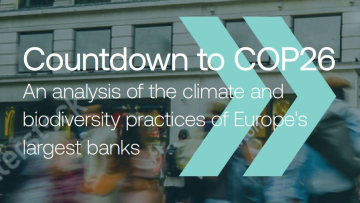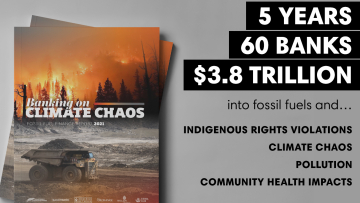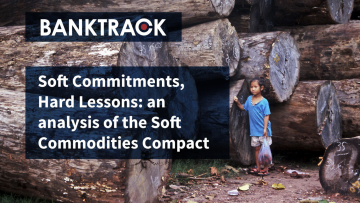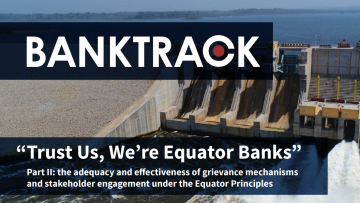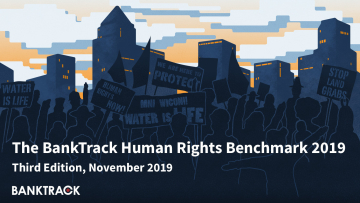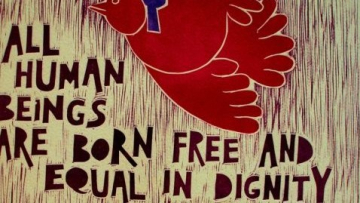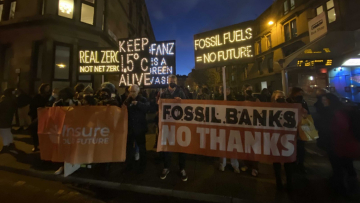
Active
This profile is actively maintained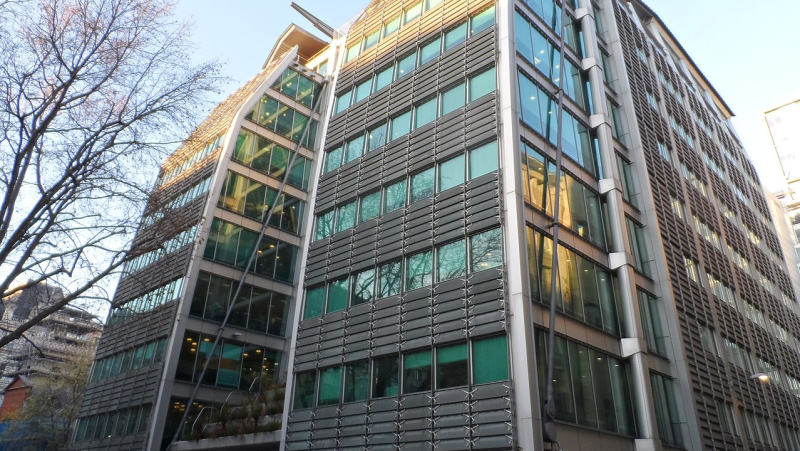
Active
This profile is actively maintained| Website | http://www.lloydsbankinggroup.com |
| Headquarters |
25 Gresham Street
EC2V 7HN London
United Kingdom
|
| CEO/chair |
Charlie Nunn Executive Director and Group Chief Executive |
| Supervisor | |
| Ownership |
listed on London Stock Exchange & NYSE
Lloyds Banking Group's complete shareholder structure can be accessed here. |
Lloyds Bank was originally founded in 1765. In 1995 it merged with the Trustee Savings Bank and traded as Lloyds TSB Bank between 1999 and 2013. Lloyds Banking Group was formed in January 2009 after Lloyds TSB acquired HBOS. The group is currently the largest retail bank in the United Kingdom. The group’s main business activities are retail, commercial and corporate banking, general insurance, and life, pensions and investment provision.
LLoyds Banking Group's most important sustainability commitments can be found at the website sections listed below.
Lloyds Banking Group is linked to a number of companies and projects that BankTrack considers controversial (so called Dodgy Deals), e.g. as a current or past financier or through an expression of interest. The profiles below provide more details on the nature of Lloyds Banking Group's link to these deals.
Lloyds Banking Group does not operate a complaints or grievances channel for individuals and communities that may be adversely affected by the bank's finance.
Stakeholders may raise complaints via the OECD National Contact Points (see OECD Watch guidance).
Lloyds Banking Group is an Equator Principles signatory. While the Equator Principles have no official grievance mechanism, complaints relating to this bank's financing of Equator Principles projects can be filed through our own website www.equator-complaints.org.
This page evaluates Lloyds Banking Group's responses to instances of alleged human rights violations linked to its finance, raised by civil society organisations. It is not intended to be exhaustive, but covers selected impacts raised by BankTrack and other civil society partners since 2016. For the full scoring methodology, see here. For more information about BankTrack's evaluation of bank responses to human rights impacts, see the 2021 report "Actions speak louder: assessing bank responses to human rights violations".
Following the bank's response: The bank has not provided details on how it monitored the progress of specific companies or how the bank monitored the impact on rights-holders involved in raising the issue with the bank of its own action of updating the Agriculture sector policy. Therefore, the score remains unchanged.
Banks and Climate
The 2024 Banking on Climate Chaos report showed that Lloyds Banking Group provided US$ 21.623 billion in financing to the fossil fuel industry between 2016 and 2023. In 2023 only, Lloyds Banking Group provided US$ 51 million for oil, gas and coal companies expanding fossil fuels. Find further details on Lloyds Banking Group fossil fuel portfolio and how it compares to other large banks globally on Fossil Banks No Thanks and in the Banking on Climate Chaos report.
Partner organisation Reclaim Finance tracks the coal, oil and gas policies of financial institutions, including banks, in their Coal Policy Tool (CPT) and the Oil and Gas Policy Tracker (OGPT). BankTrack works closely with Reclaim Finance and endorses their policy assessments. Find further details on their assessment of Lloyds Banking Group's fossil fuel policy below.
Banks and Human Rights
BankTrack assessed Lloyds Banking Group in its 2024 Global Human Rights Benchmark, where it achieved 6 points out of 15 and was ranked as a “follower”.
The bank scored 0.5 out of 3 points on the new “specific rights indicators”, which assess how banks address human rights defenders, Indigenous Peoples’ right to Free, Prior and Informed Consent and environmental rights in their policies and practices.
In addition, Lloyds Banking Group scored 0 out of 3 on how it responds to alleged human rights violations linked to its finance, which were raised by civil society organisations. More information is detailed in the “Accountability” section of this profile.
The table below shows BankTrack's assessment of how Lloyds Banking Group has implemented the UN Guiding Principles on Business and Human Rights. Please click on 'expand all details' and 'explanation' for further information on the methodology.
Our policy assessments are always a work in progress. We very much welcome any feedback, especially from banks included in the assessments. Please get in touch at humanrights@banktrack.org.
Global Human Rights Benchmark 2022
Global Human Rights Benchmark 2024
Tracking the Net Zero Banking Alliance
Lloyds Banking Group is a member of the Net Zero Banking Alliance (NZBA) and has therefore committed to reduce its financed emissions to net zero by 2050; within 18 months of joining the alliance set interim targets for 2030 (or sooner) for high emission priority sectors, and within 36 months set further sector targets; set new intermediary targets every 5 years from 2030 onwards; annually publish data on emissions and progress against a transition strategy including climate-related sectoral policies; and take a robust approach to the role of offsets in transition plans. BankTrack track's implementation of these commitments in the NZBA compliance tracker.
Banks and Russian Aggression in Ukraine
BankTrack is keeping track of the public response of Lloyds Banking group to Russia's illegal invasion of Ukraine. Lloyds Banking group's public position on the war is unclear. Lloyds Banking group is scaling back its operations in Russia. We consider its exposure to Russia as limited. Lloyds Banking group supports the Russian fossil fuel industry through loans and underwriting. For further details, see the table linked below.






